Three readings offering 27 verses of texts, 6 verses of a Psalm, and added to all this, a poem-prayer, the Sequence, as a second Response!
Overwhelming riches – and overwhelming is the word!
How can one choose a theme?
How can we focus on a single verse, or topic, for reflection?
Of course, the Spirit is at the heart – no, he is THE heart – of today’s message.
What saint Paul writes to the Galatians in the 2nd reading (Gal.5:16-25) is what has retained my attention.
“Since the Spirit gives us life,
let us walk under the guidance of the Spirit.”
Paul tells the first Christians that there are in us what he calls ‘tendencies’ – inclinations or dispositions –
that lead us into a way of being that is not what we are meant to be.
The apostle gives them 15 different names, no less! and he says clearly:
“There is a clash that prevents you from doing whatever you want.”
We know it from experience, very often we do not manage to master those tendencies,
we do not succeed in overcoming those inclinations.
So, we need to allow the Spirit to guide us on the way God wants us to follow.
He is the one who will enable us to be… reconciled with our best self!
 So, “Let us walk under the guidance of the Spirit,” indeed!
So, “Let us walk under the guidance of the Spirit,” indeed!
We might be astonished at the outcome of walking with this Companion!
Note: Another reflection on a different theme is available in French at: https://image-i-nations.com/pentecote-annee-b-2021/


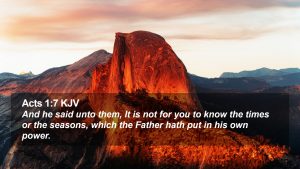 “It is not for you to know the times or dates the Father
“It is not for you to know the times or dates the Father

 The apostle John writing to the first Christians assures them:
The apostle John writing to the first Christians assures them:

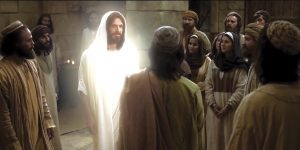 This reflection came to me as I read the gospel text of this 3rd Sunday of Easter (Lk.24:35-48).
This reflection came to me as I read the gospel text of this 3rd Sunday of Easter (Lk.24:35-48).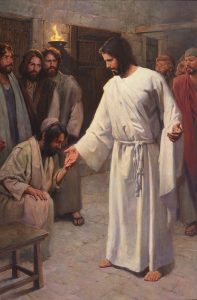 Thomas, the apostle, has been blamed and praised probably in equal measure!
Thomas, the apostle, has been blamed and praised probably in equal measure!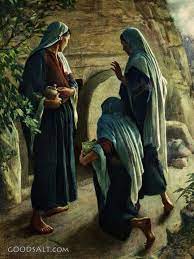 The gospel text of the pascal vigil (Mark 16:1-7) shows us three women who were convinced of the same thing.
The gospel text of the pascal vigil (Mark 16:1-7) shows us three women who were convinced of the same thing.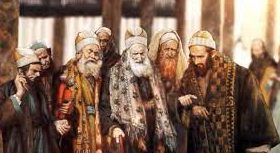 The soldiers have arrested Jesus.
The soldiers have arrested Jesus.
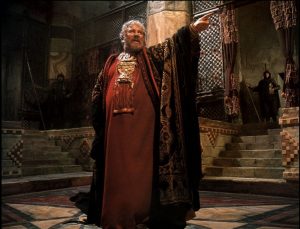
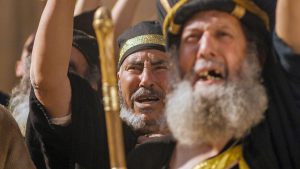 Washing of hands… it seems no one is ready to accept responsibility… (Mt.27:25).
Washing of hands… it seems no one is ready to accept responsibility… (Mt.27:25).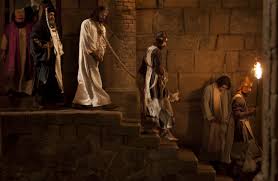 A day when a close friend denies even knowing his friend…
A day when a close friend denies even knowing his friend…